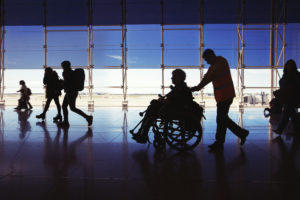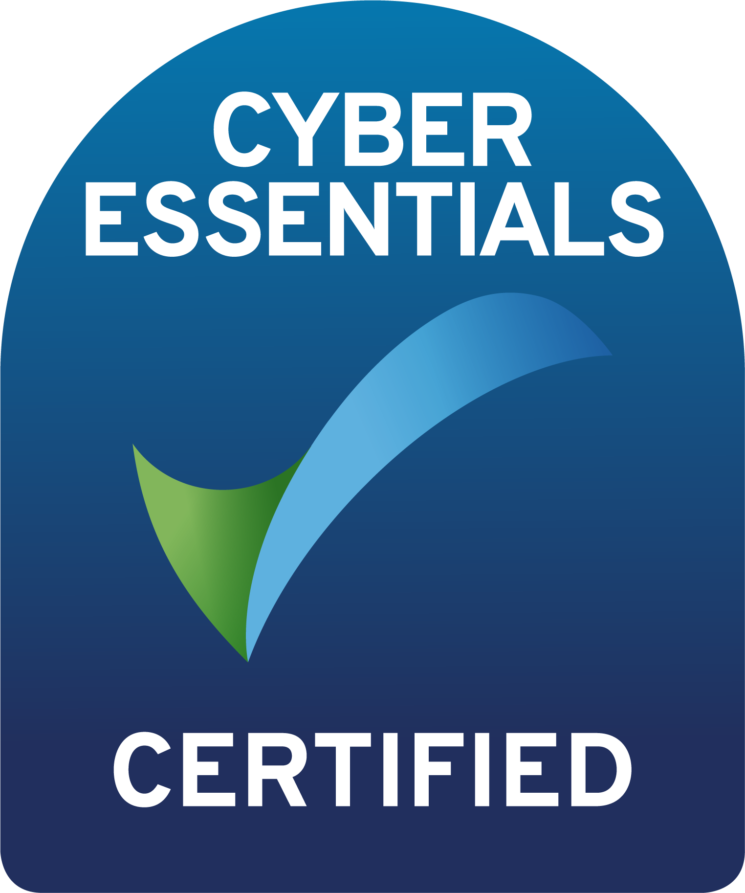A 55-year-old seafarer, who fell whilst working on board a ship, was admitted to hospital in Salvador, Brazil with a fractured neck of femur
Treatment
After reviewing both the severity of the fracture and the elapsed time between injury and diagnosis, Med ResQ advised the patient that surgery in Brazil was the only medically appropriate option. Surgery was completed 2 days later, with a Dynamic Hip Screw being used to fix the fracture. Following surgery, both the patient and employer/underwriter were keen to travel home as soon as possible.
Normal Considerations for Repatriation
This typically depends on many factors, including
- The number of flight sectors
- How recent the surgery was
- How significant the patient’s pain is
- Whether the patient can be expected to safely manage their own care needs
- Whether the patient can self-inject anticoagulant medication
- Whether the patient can safely mobilise and/or has a travelling companion
- The patient’s age and general physical condition
- The patient’s haemoglobin level (<100g/L requires supplemental oxygen in-flight)
In this scenario, our normal recommendations would be a nurse escorted repatriation 3 -5 days post-surgery, providing that the patient was generally well, and that medical clearance could be obtained from the airlines. The patient would require business class travel and wheelchair assistance.
Repatriation Challenges Due to Covid-19
The current COVID-19 pandemic has meant that escorted commercial repatriations, although possible, are more complex to set up and carry greater risk in terms of cancelled flights and unforeseen transiting and immigration problems.
In this case, Med ResQ advised its client that the patient could be rehabilitated for unescorted travel, providing that safety parameters around stability were met. Med ResQ collaborated with the local hospital and used video links to evaluate the patients progress and to be reassured of his physical suitability for unescorted travel. The patients medical data was reviewed, and support remote provided, including:
- Monitoring his haemoglobin level as it rose over several days from 90g/L to above 100g/L
- Evaluating his vital signs and pain levels
- Assessing his gait and stability when walking with a stick instead of a frame
- Supporting his practice for self-injection administration
Flight planning
Med ResQ selected the best flight options that would provide good connection times in Brazil and Amsterdam, with an appropriate class of travel, confirmed medical clearance and the provision of wheelchair assistance.
The Repatriation
Med ResQ provided the patient with a detailed explanation of the routing, the airport and assistance provision, and emergency contact numbers. With the support of agents in Salvador and Rio de Janeiro, the patient was assisted to check-in and meet the connecting flight. Med ResQ kept in regular contact with the patient throughout his journey with the use of What’s App and were able to keep the client appraised of his progress.
Thirteen days after surgery the patient safely arrived in Kiev. Through meticulous planning and good communication, Med ResQ was able to mitigate and manage the risks for travel and was able to optimise the patient for a safe, unescorted repatriation.






